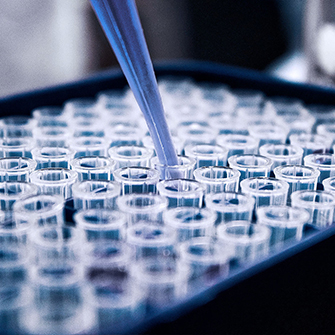The Red Tape
There should be no barriers to reuniting families. We make genetic technologies accessible to anyone who needs them.
Some common obstacles are:

The Hague Convention on International Adoption
The Hague Convention on Inter-Country Adoption concluded in 1993, establishing a humane legal framework for international adoption that would stem child trafficking. An administrative cooperation was put in place so that central authorities could communicate with each other. For any given case, there must be licensed intermediaries and accredited bodies present to certify an adoption in the child’s country of origin. However, because of regulatory costs, many developing countries have not agreed to the convention. While a fair amount of enforcement oversight exists for individual adoption service providers, it assumes that all nations involved in the adoption industry enforce the rules. However, there are few consequences for failing to follow guidelines or refusing to sign the Hague Convention.

Current DNA laws
DNA and relationship testing may be useful for confirmation of biological relationship claims in immigration, identification of trafficked individuals, and family reunification of displaced people after mass disasters and conflicts. As these applications rely on the collection of DNA from non-criminals and potentially vulnerable individuals, laws vary greatly between country.
Safe collection, privacy of collected samples and DNA profiles are of primary concern for all of our partners. We work with countries to find labs, provide access to a network of international experts in the field, and help organizations reach lawmakers who can help establish standards.




